In 1998 the Tour de France made its one and only visit to Ireland. As a teenager, I vaguely remember watching the riders race through the streets of Waterford city. Today I recall little from the race. My one abiding memory from the race is sadly that of a doping issue, involving a team I had never heard of but still remember, Team Festina.
Many argue that 1998 was the year cycling was permanently tarnished by doping disclosures. A police investigation in France during the ’98 Tour forced two teams (Festina and TVM) to exit the race. As a result a peloton strike ensued with five teams opting to pull of the Tour in protest to the treatment of Festina and TVM riders. As a result, my interest in cycling was lost forever.
I decided to compute at the average speed (kmph) of the winner for both the Epsom Derby (premier three-year-old flat racing in Europe) and the Tour de France for the post-war period. One would expect a marginal improvement in both events given improvements in sports technology, nutrition, sport science and training methods. The data is presented with a trend line applied to each event.
The Tour de France paints an entirely different picture. The average speed of the winning cyclist from 1947 to 1957 is recorded at 33.45kmph. Compare this to 2003-2013 where the average speed of the winner rises to 40.37kmph. That's an improvment of more than 20%. 2013 winner Bradley Wiggins rode 30% faster on average than 1947 winner Jean Robic. This could be a result of the fact that the race is roughly 25% shorter than the first post-war race, meaning riders can afford to use up more energy cycling faster. It could also point to the fact that the cycling industry has been far better over the course of the past seventy years, than those in the horse-racing industry, at technological innovation, nutrition and sports science, resulting in faster times. Or better still, maybe humanity is evolving more rapidly than our equine cousins and in the centuries ahead cyclists will complete the 2.423km covered in the Derby faster than the winning horse!
I’m not so sure....

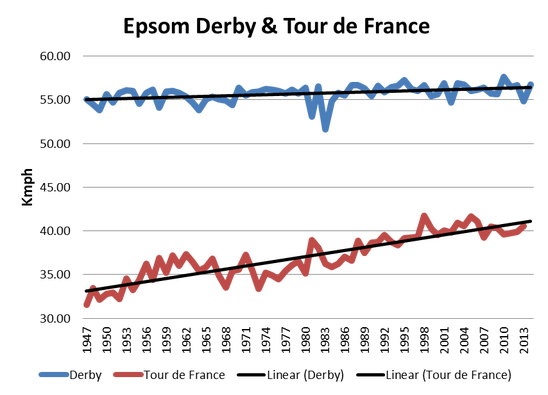
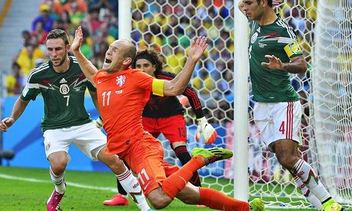
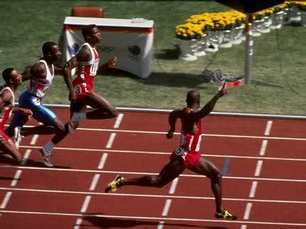
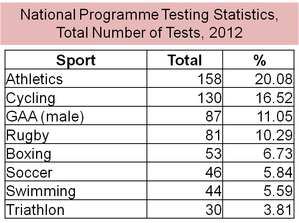


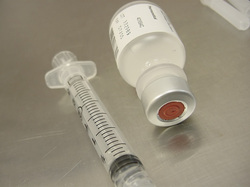
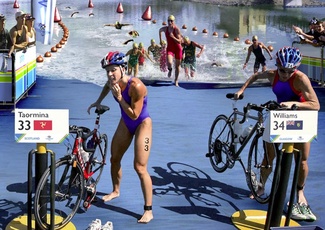
 RSS Feed
RSS Feed